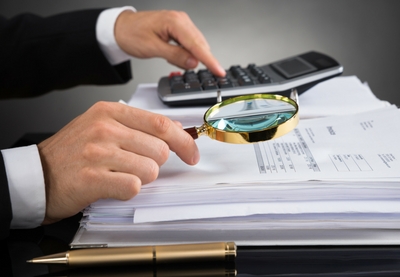Documenting Damage and Losses for Insurance Claims
–
October 11, 2023

When confronted with damages and losses, it's important to follow some "dos and don’ts" if you hope to take full advantage of your insurance coverage. Here are some basic guidelines:
- Don't alter the condition of any damaged property until an insurance adjuster inspects it. You should, however, make necessary emergency repairs to prevent further damage.
- Take pictures of all damages, including your home's exterior, car, basement, roof and yard.
- Document all items and property that were damaged or destroyed. Note the cost, brand, model and date of purchase. Include any available receipts and pictures of the items (even if the item is in the background of a family photo, for example).
- Contact your insurance company as soon as you have all the information related to your situation.
- Ask a contractor to estimate the costs of repairs. Provide this information to your insurance adjuster. (If you do not know who can provide the type of work you need, ask your adjuster for references.)
- Record all expenses you incur as a result of property damage, including the cost of temporary repairs, hotel accommodations and meal expenses.
- If you are unhappy with the settlement you receive for your claim, contact the insurance company. If you do not receive satisfactory results, you may contact the Complaints Division at the New Jersey Department of Banking & Insurance by calling 609-292-7272 or their Consumer Hotline 800-446-7467.
Information provided by the Society of Chartered Property and Casualty Underwriters
Use IRS Publications 584 and 584-B to document loss and damage on personal-use property and related to business, respectively. Access the forms at irs.gov/forms-instructions.
The information in this guide has been gathered from many sources, including the Internal Revenue Service, the Social Security Administration, state agencies, professional organizations and members of the NJCPA. The COVID-19 pandemic has prompted the majority of state agencies to offer more online and prerecorded services. Though offices have reopened after the COVID-19 shutdown, it’s best to check online or call before you visit.
Material contained within this guide should be augmented by, and used in accordance with, a certified public accountant's professional judgment. Your CPA can properly apply the tax laws and regulations to the facts and circumstances of your particular situation. For help with locating a CPA, visit findacpa.org.
The New Jersey Society of Certified Public Accountants is not responsible for any claims arising as a result of this information or its usage.
This guide was updated in October 2023. Future users of this material are cautioned that some portions, particularly tax-related information, may become outdated.